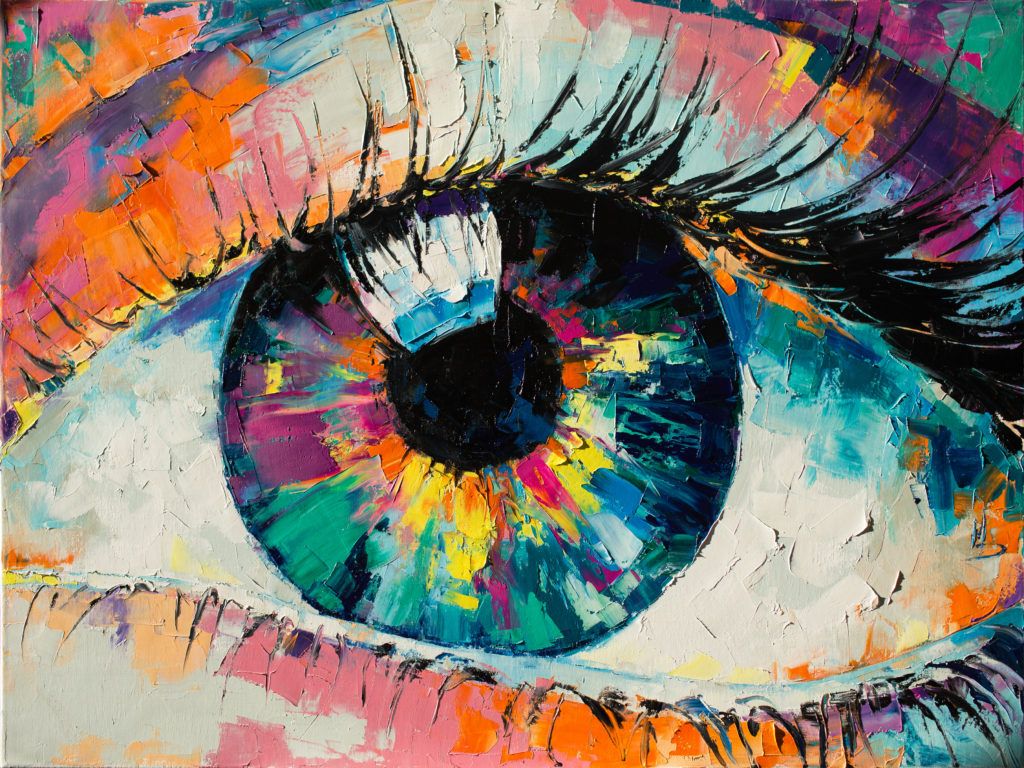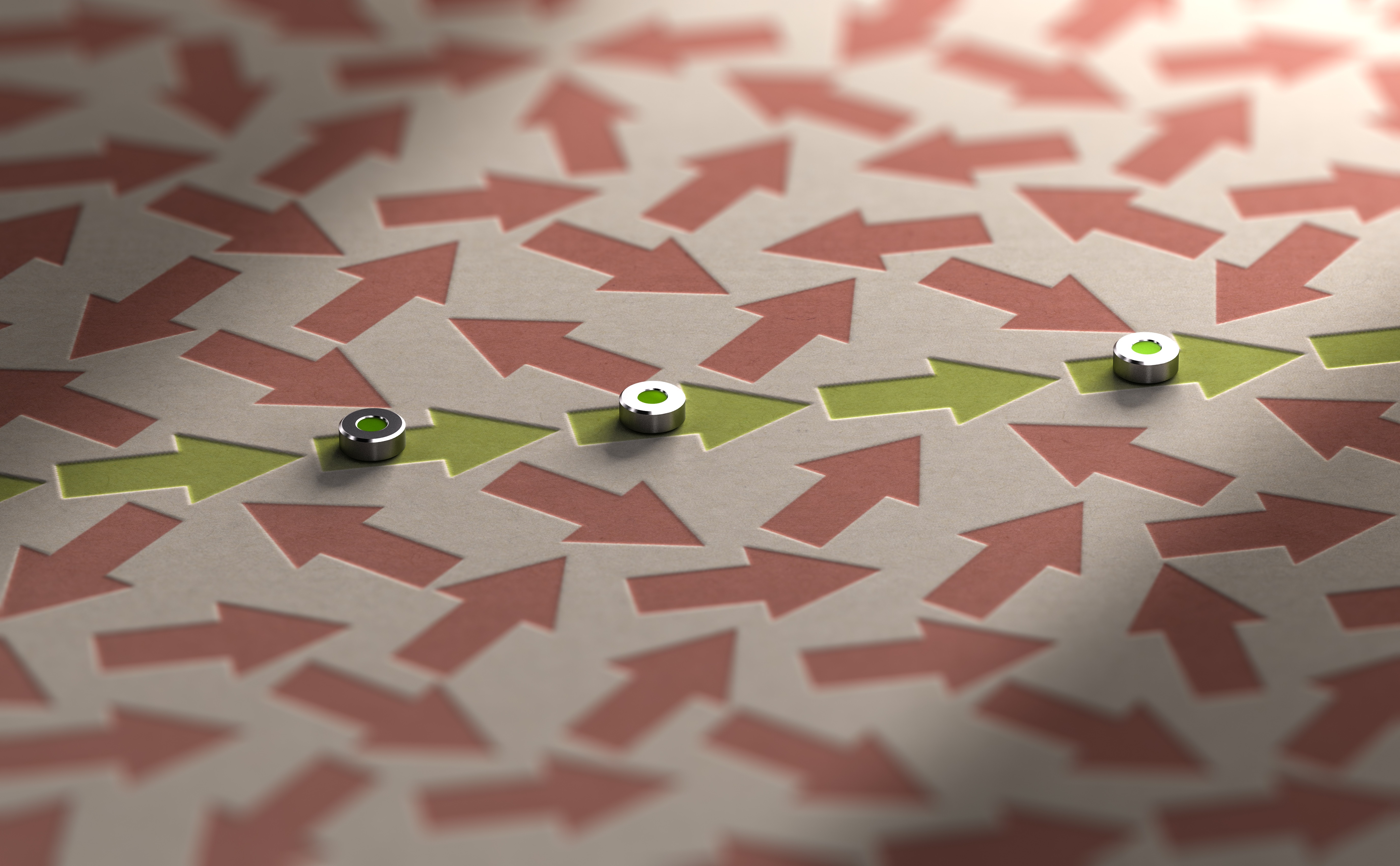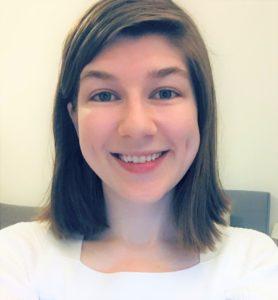
Something odd stands out when reading about bad trips. One expects descriptions of frightening, traumatic experiences, and one certainly gets them. But some studies also show a strange paradox: just like good ones, bad trips can be meaningful and spiritually significant, and they have sometimes been associated with enduring increases in well-being.1–3 Even psychedelic therapists aim to see these challenging experiences as catalysts for growth.4
Now clearly bad trips don’t always affect people for the better, especially in uncontrolled settings. But what’s going on when they do, and how can that help people recover from such experiences?
According to researchers from the University of Oslo, healing from a bad trip means giving it a good purpose.
Making Sense Out of Suffering
Wanting to resolve the seeming contradiction between bad trips and good outcomes, Liridona Gashi and colleagues interviewed 50 people who had recently struggled with a challenging psychedelic experience.5 Most of them had taken relatively high doses of psilocybin, LSD, or DMT in a recreational setting, and often nothing was wrong at first. At some point, though, the trip turned upside-down and spiraled into panic attacks, disturbing visions, paranoia, or fear of losing control, dying, or going insane. After an experience like that, some people feel completely shattered.
Despite this, the vast majority of interviewees came to view their bad trips as valuable and deeply important experiences. Their extreme distress ultimately led them to emotional breakthroughs, personal insights, and a profound appreciation for their lives. According to Gashi et al., this is because of the stories they constructed about their experiences – the way they fit the bad trip into a larger personal narrative.
Stories aren’t only in books. We tell our personal narratives all the time as a way to organize, understand, and process events in our lives.6 When someone asks about your day, you spontaneously tell a story. When job interviewers ask about a challenge you’ve faced, you likely tell a more practiced one. Narratives such as these are intimately entwined with our biographical memories, beliefs, and hopes for the future, and they direct our behavior.6 The brain is a story-telling machine, and especially after traumatic events, it immediately tries to make sense out of suffering.
The Hero’s Journey
Why does the brain like stories so much? They serve a psychological function:7 after their bad trips, participants in this study embraced narratives that helped them cope with the experience and give it a new purpose in their lives.5
First and foremost, bad trip narratives draw personally meaningful lessons out of a challenging experience. Some participants felt that the experience threw light on personal flaws, which although unpleasant, allowed for growth. In the words of one participant: “You have to see your flaws to be able to work through stuff”.5 According to another participant, personal growth through psychedelics is nearly always challenging because “psychedelics don’t take you where you want to go, but where you need to go.”

Olivier Le Moal / Shutterstock
Another common bad trip story described an experience so difficult that it caused a renewed appreciation for a normal life, not unlike war veterans for whom a good day just means not being shot at. Enduring such a challenging experience made some participants feel that they were much stronger than they knew, and if they could survive that, they could endure anything. It also roused profound gratitude: In the words of one person, “I felt that I had been given a gift, that I was allowed to live, that I can take trips in nature, that I have so many good people around me.”
Psychedelic experiences have been described as a hero’s journey, a central legend across cultures.8 Our hero leaves the safety of home and goes on a quest – to the woods, the dragon’s lair, Mount Doom – with all of its dangers and opportunities. In the end, the hero masters frightening challenges, learns something, and returns home with literal or proverbial treasure. Casting bad trips in this light transforms a scary or unpleasant experience into something good – something meaningful. If you must go into the dragon’s lair, you might as well grab his treasure to make the ordeal worthwhile.
Bad Trips and Other Traumas
Some bad trips may end up good, but don’t conclude that they should be actively sought. Challenging experiences are not always therapeutically valuable, especially when they don’t end in insight or emotional breakthrough.4,9,10 Indeed, they are perfectly capable of damaging someone’s well-being for some time after the experience is over, and precautions against them are wise.10,11 But if precautions fail, constructing a meaningful narrative around the experience can help people recover. In the best case, the lessons people draw from bad trips may even make them grateful for the whole ordeal.
As more people hear about psychedelics’ therapeutic potential, research like this becomes more and more important. It may even help therapists care for people who are struggling with a difficult psychedelic experience – after all, sometimes you can’t make it on your own. And although bad psychedelic trips are unique in some ways, they may not be so different from other traumatic events. According to Dr. Roland Griffiths, people come to value many experiences that they wouldn’t have chosen – like failing out of university or a period of severe illness – when they find wisdom and strength in their adversity. It’s not so surprising, then, that people are capable of the same with bad trips. In fact, finding a meaningful narrative may be not just helpful, but actually essential for recovering from a difficult event or trauma.12
The brain is a meaning-making machine, and stories are not just talk – they affect how people experience and behave in the real world.6 They can help people resolve difficult emotions and orient themselves toward the good after a difficult event. At their best, stories can even impact other people and motivate them to good ends, too.
Even scientists agree: Psychedelics may be powerful, but a bad trip is no match for a good story.
——————————————-
If you are struggling with the aftermath of a bad trip, you are not alone. There are organizations dedicated to supporting people in a non-judgmental way. Below is a list of resources to begin with, from professional integration therapists to informal integration groups.
- MAPS List of Integration Therapists: Psychedelic Integration List – MAPS
- The MIND Foundation’s integration workshops (Berlin, Amsterdam, and online): Personal Development – MIND Foundation (mind-foundation.org)
- The TRIPP Network for Psychedelic Integration (UK and online): TRIPP Network – Psychedelic Integration
- The Psychedelic Support community: Community Directory · Psychedelic.Support
- The Zendo Project: https://zendoproject.org/
